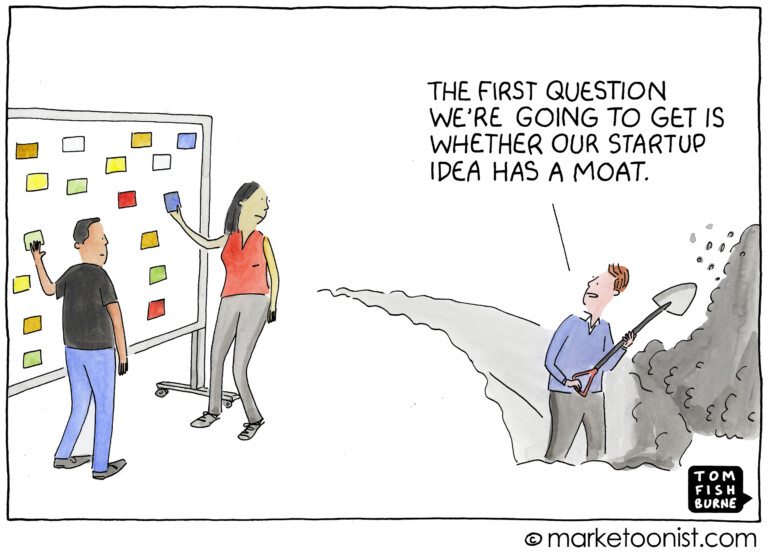I kinda like this concept and phraseology.
Because we humans like to “sail the sea of cognitive bias.”
It’s implicit in everything we say and do. It’s our worldview and we’re sticking to it!
People prefer to be right.
But imagine a world where instead of everyone trying to be the “smartest person” in the room and obsessed with being “right” all the time – we just remove “right” from the equation.
And replace it with “less wrong.”
Cause if we’re being cognitively truthful here – that would be the “right” thing to do.
Maybe Socrates was right to say:
“The only true wisdom is in knowing you know nothing.”
Personally, I subscribe to this notion.
Where I think this discussion will get very interesting in the next few years is how these biases make their way into Artificial Intelligence.
For fun, (well let me clarify by adding “fun for me” to avoid any cognitive bias here,) I asked ChatGPT the following question:
Does artificial intelligence have any cognitive bias?
The ChatGPT answer:
“Yes, artificial intelligence can exhibit cognitive biases, just like humans. Cognitive biases refer to systematic errors or distortions in thinking that can lead to inaccurate or irrational judgments and decisions.
Artificial intelligence algorithms can develop biases in a number of ways, including:
1. Biased data: AI algorithms are trained on data, and if that data is biased or unrepresentative, the resulting AI system can perpetuate those biases. For example, if an AI algorithm is trained on data that reflects historical discrimination against certain groups, it may learn to perpetuate that discrimination in its decision-making.
2. Biased programming: AI systems can also exhibit biases if they are programmed with biased assumptions or rules. For example, if an AI system is programmed to prioritize efficiency over fairness, it may make decisions that disproportionately harm certain groups.
3. Interaction with biased humans: AI systems can also develop biases if they interact with biased humans or are influenced by biased human inputs.
Some examples of cognitive biases that have been observed in AI systems include confirmation bias, where an AI system tends to favor information that confirms its pre-existing beliefs, and algorithmic bias, where an AI system exhibits discrimination against certain groups due to biased data or programming.
Addressing cognitive biases in AI is an active area of research and development, and there are many efforts underway to develop AI systems that are more fair, transparent, and unbiased. This includes approaches such as fairness-aware machine learning, which aims to mitigate the impact of bias in AI systems, and explainable AI, which seeks to make AI systems more transparent and understandable to humans.”
End of answer.
May GOD help us all!
Just imagine when these AI systems are fully embedded into our everyday life and start doing most of our “thinking” for us.
Yet another reason to sharpen thee “unruly blade” and keep your eyes and ears wide open – cause the truth is about to get stranger than fiction.
Garbage In – Garbage Out
Remember way, way, way back when in the early days of computing when George Fuechsel, an early IBM programmer (I’ll add “allegedly” so I’m “less wrong,”) coined the phrase, “garbage in, garbage out.”
Apparently, it was to reinforce the idea that a computer just processes what it is given.
In other words, a biased, poor quality, or inaccurate input will produce faulty output.
Hmm.
What have we got here?
Trouble, I suppose.
I’m afraid the “bias baby” has been born and will live to eternity and maybe eventually (as Elon Musk opines lately) will be the end of all of us.
I’m not going conspiracy theory on ya all here – nor am I making a case for a new “irrationality movement.”
Although the idea of outright objecting the “less wrong” truths of the day is a bit appealing to the unruly side of me.
I’m just like you I suppose, another curious and lost soul in search of knowledge and truth wherever I can find it…
…which according to the almighty AI system itself…
…might be impossible to find in our new AI-enhanced world order.






